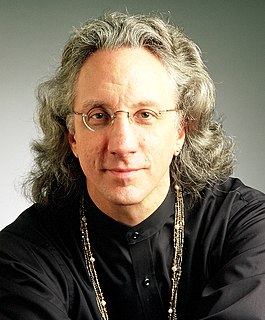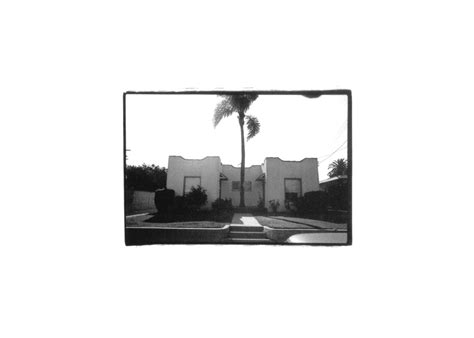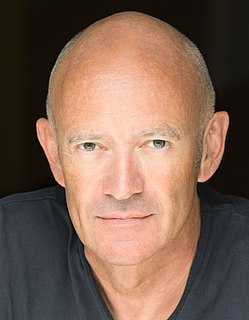A Quote by Dion Fortune
To say that a thing is imaginary is not to dispose of it in the realm of mind, for the imagination, or the image making faculty, is a very important part of our mental functioning. An image formed by the imagination is a reality from the point of view of psychology; it is quite true that it has no physical existence, but are we going to limit reality to that which is material? We shall be far out of our reckoning if we do, for mental images are potent things, and although they do not actually exist on the physical plane, they influence it far more than most people suspect.
Quote Topics
Actually
Although
Dispose
Exist
Existence
Faculty
Far
Formed
Going
Image
Images
Imaginary
Imagination
Important
Important Part
Influence
Limit
Making
Material
Mental
Mental Image
Mind
More
Most
Our
Out
Part
People
Physical
Plane
Point
Point Of View
Potent
Psychology
Quite
Reality
Realm
Reckoning
Say
Shall
Suspect
Than
Thing
Things
True
Very
View
Which
Related Quotes
Fiction is not imagination. It is what anticipates imagination by giving it the form of reality. This is quite opposite to our own natural tendency which is to anticipate reality by imagining it, or to flee from it by idealizing it. That is why we [Europeans] shall never inhabit true fiction; we are condemned to the imaginary and nostalgia for the future.
A century ago mainstream science was still quite happy to countenance vital and mental powers which had a 'downwards' causal influence on the physical realm in a straightforwardly interactionist way. It was only in the middle of the last century that science finally concluded that there are no such non-physical forces. At which point a whole pile of smart philosophers (Feigl, Smart, Putnam, Davidson, Lewis) quickly pointed out that mental, biological and social phenomena must themselves be physical, in order to produce the physical effects that they do.
We're not in the physical world. The physical world is in us. We create the physical world when we perceive it, when we observe it. And also we create this experience in our imagination. And when I say "we," I don't mean the physical body or the brain, but a deeper domain of consciousness which conceives, governs, constructs and actually becomes everything that we call physical reality.
Your imagination is the single most important asset you possess. Your imagination is your power to create mental pictures of things that don't exist yet and that you want to bring into being. Your imagination is what you use to shape your future. And so in your own way, you are a prophet. You generate countless predictions every day. Your imagination is the source,tirelessly churning out mental pictures of what you'll be doing in the future.
Your body, which is very physical, is under the influence of your thoughts, your feelings, your emotions, your dreams, your fantasies, your desires, your instincts, your drives, your imagination. All these things orchestrate themselves - all these internal activities that are in the invisible domain that we call consciousness actually have very precise physical effects both in our biology, but they also influence our perception of the world.
Henry Corbin creates the world - most of all his examination of the imagination and what the imagination was for him. Some philosophers would think of the imagination as a synthetic ability, how you put different things together. Artists more think of the imagination as creativity. So I really like the way that he presents the imagination as a faculty that allows one to experience worlds that are not exactly physical but are real nonetheless.
Iconography becomes even more revealing when processes or concepts, rather than objects, must be depicted for the constraint of a definite "thing" cedes directly to the imagination. How can we draw "evolution" or "social organization," not to mention the more mundane "digestion" or "self-interest," without portraying more of a mental structure than a physical reality? If we wish to trace the history of ideas, iconography becomes a candid camera trained upon the scholar's mind.
Not only does the psyche exist, but it is existence itself. It is an almost absurd prejudice to suppose that existence can only be physical...We might well say, on the contrary, that physical existence is a mere inference, since we know of matter only in so far as we perceive psychic images mediated by the senses.






































